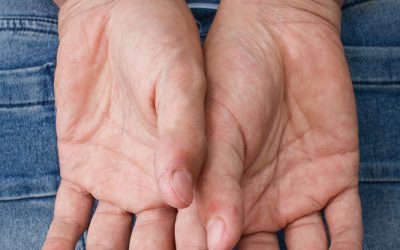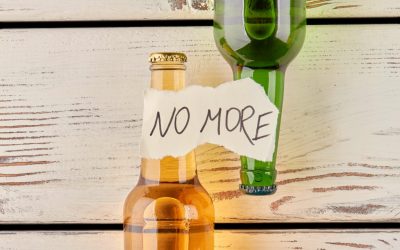When we drink, the reward system in the brain gets switched on, and we start to feel amazing. A big reason many people experience depression after giving up alcohol involves alcohol’s impact on the https://ecosoberhouse.com/ brain. However, for the best results, your doctor will likely treat them together. Discuss these concerns with your doctor first to see if alcohol is safe for you.
- Engaging in a regular meditation practice can significantly reduce symptoms.
- There is a strong link between alcohol use and depression, a mental health condition that includes feelings of hopelessness, emptiness, fatigue, loss of interest, and more.
- When you rely on alcohol to cope, you might neglect healthier ways to manage your emotions, further entrenching the problem.
Major Depressive Disorder (MDD)
- Alcohol overall induces panic in a person because of all the effects on gamma-Aminobutyric acid (GABA), which is a chemical that has a relaxing effect normally.
- It doesn’t have to mean you sit like a yogi and meditate, you can do whatever brings you some peace and calm.
- It’s essential to recognize that while alcohol may provide a fleeting sense of calm, it ultimately exacerbates anxiety symptoms.
- Only 6% of the population reported drinking in excess of government guidelines, but the prevalence of binge-drinking was substantially higher (31%).
She has covered global healthcare issues, including outbreaks of the Ebola and Zika viruses, anti-vaccination movements, and chronic diseases like obesity and Alzheimer’s. Chai was a national health reporter at Global News in Toronto for Alcohol Use Disorder 5 years, where she won multiple awards, including the Canadian Medical Association award for health reporting. Her work has also appeared in the Toronto Star, Vancouver Province, and the National Post. She received a bachelor’s degree in journalism from Ryerson University in Toronto.

Depressed After Quitting Drinking? This Is Why It Happens.
- When that happens, you’re more likely to feel depressed, particularly if you have a family history of depression.
- By using national population data, we have avoided the selection and referral biases inherent in studies of clinic-based patients.
- At first, alcohol may reduce feelings of anxiety because it relaxes muscles and slows your heart rate.
- Treatment options typically include therapy, medication, and lifestyle changes to manage symptoms effectively and improve quality of life.
When dealing with stressful days or nervous situations, you may be tempted to have a glass of wine or a beer to calm your nerves. However, drinking alcohol, especially heavily and over a long period of time, can actually increase your anxiety. In her professional career, Cayley’s primary goal is to empower patients to lead fulfilling lives by guiding them toward effective therapeutic regimens. Adopting a holistic approach to mental health, she places great emphasis on comprehensive treatment that encompasses medication management, supportive therapy, and lifestyle modifications. Beyond the clinic, Cayley finds joy in spending time with her two golden retrievers and enjoys outdoor activities such as camping, hiking, and snowboarding. When alcohol hits the brain, it triggers a number of changes, including the release of the body’s feel-good chemicals.

Stress reactivity and regulation
GABA becomes depleted after a does alcohol give you anxiety few drinks, so you’re still going to feel more depressed or anxious even if it’s just one night of heavy drinking. This means the initial relaxation from one or two drinks can now turn into a state of anxiety. Major depression and alcohol use disorder are also co-dependent in women, research suggests. Women with depression are also more likely to engage in binge drinking. The full impact of drinking too much hits about 72 hours after the alcohol has left the bloodstream. This is when withdrawal symptoms of increased anxiety, irritability, restlessness, agitation and disturbed sleep, among others, are at their peak.

